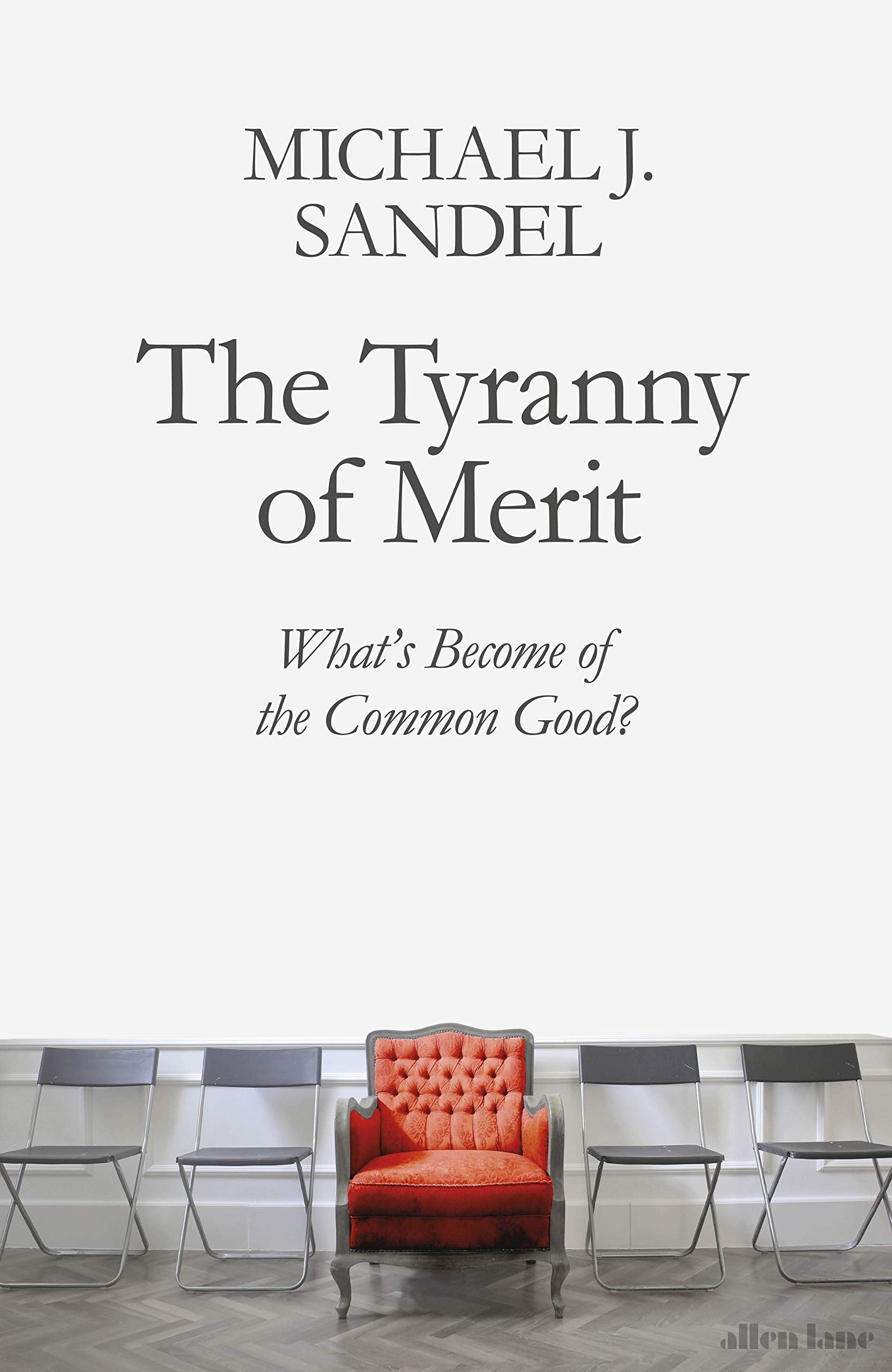The Curse of Meritocratic Hubris
In his book The Tyranny of Merit, Michael Sandel documents in excruciating detail the rise of meritocracy as a cultural ideal and the concomitant vice of the educated and successful looking down on the uneducated. I am aghast at this bad behavior. It is incredibly destructive socially for anyone to look down on anyone else, let alone a large fraction of our society looking down on another large fraction.
To me, this suggests a serious failure of moral education in our society. Everyone should be brought up and taught to appreciate the virtue of appropriate personal humility and gratitude and appropriate respect for other human beings. Let me be specific about what I have in mind, limited as I am by the perspective offered by my own experience.
After 45 years, I still remember my Dad taking me aside after a high school awards ceremony in which I won a large number of awards to remind me that it is more important to be good than to be smart. In the Mormon Church I grew up in, there were regular sermons about how “No success can compensate for failure in the home” and about how riches and success could make people proud and thereby lead them to go off-track in their lives.
In my Economics PhD program, we read Frank Knight arguing that despite the virtues of the free market, it was not fair—sentiments later cited approvingly by Friedrich Hayek. To put my own gloss on the argument, first, there is a moral arbitrariness to the genetic lottery that assigns raw talent. Second, there is a moral arbitrariness to which raw talents are scarce or in high demand and which are abundant or in low demand at a given moment in history. Third, market imperfections and poor regulatory design can make prices diverge from social value. And fourth, internal conflicts can give high prices to things such as drugs, gambling and other addictive or quasi-addictive things that part of an individual dearly wants and part of the individual wants to abjure. The social value of these things depends on which parts of people’s divided selves we want to foster.
Here is what I think a good society would look like. Everyone considers themself “just folks” without putting themself above anyone else—except insofar as hierarchy is needed to accomplish a necessary task, and then with as little differentiation as can do the job. Incentives involving one person being richer than another are only used to raises Utilitarian social welfare. (Despite John Rawls’s critique of Utilitarianism, this is much closer in practice to John Rawls’s Difference Principle than many realize.) Freedom and being treated with dignity are themselves brought into the Utilitarian social welfare function as valued goods in themselves.
One thing that need not be there at all in a good society is any notion of what someone “deserves” beyond what everyone deserves as a human being. Reward and punishment, honor and blame are there in an instrumental role as incentives, but they are not seen as having any ultimate significance outside of their role as cogs in the design of a society that works well.
Our higher education system is dysfunctional in many ways. Prestigious colleges universities becoming more and more selective instead of expanding their number of students seems to be contributing to the rise of an ugly meritocratic hubris. Once a student has added to whatever advantages they had to start with a huge amount of effort in order to get into a selective college or university, the temptation of thinking they “deserve” their high station is strong. What would be a better attitude? “To one to whom much is given, much is expected.” Having a high station in society increases one’s responsibility to do good. It doesn’t justify lording it over or looking down on others.
Posts on Positive Mental Health and Maintaining One’s Moral Compass:
Co-Active Coaching as a Tool for Maximizing Utility—Getting Where You Want in Life
How Economists Can Enhance Their Scientific Creativity, Engagement and Impact
Judson Brewer, Elizabeth Bernstein and Mitchell Kaplan on Finding Inner Calm
Zen Koan Practice with Miles Kimball: 'I Don't Know What All This Is'
Recognizing Opportunity: The Case of the Golden Raspberries—Taryn Laakso
Taryn Laakso: Battery Charge Trending to 0% — Time to Recharge
Savannah Taylor: Lessons of the Labyrinth and Tapping Into Your Inner Wisdom
